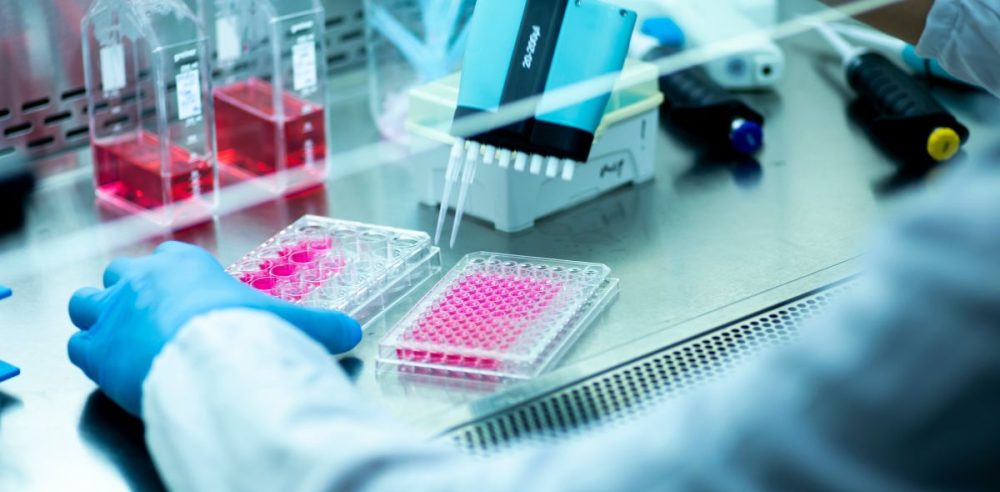Every year, approximately 40,000 U.S. newborns are born with heart defects, a condition affecting one in every 100 live births.
The New York Post reported that for many children like Katie Blue-Pugh, whose heart defect was discovered shortly after birth, these conditions require multiple surgeries and extensive care throughout their lives. Katie’s experiences echo the struggle of thousands of families, highlighting the urgent need for more effective treatment options.
Blue-Pugh, now in her thirties, has benefited from the Fontan procedure, which reconfigures the heart to improve blood flow. Despite these advancements, she may still require a transplant, a last-resort option with limited availability and risks. Her experience underscores the importance of finding better solutions that can treat heart defects at their root rather than managing symptoms.
Recent advances at the Murdoch Children’s Research Institute (MCRI) in Melbourne, Australia, offer new hope.
MCRI researchers, in partnership with the Gladstone Institutes in San Francisco, are developing therapies that aim to prevent the progression of congenital heart disease from birth, potentially even before symptoms appear. Their initiative, known as “Decoding Broken Hearts,” leverages cutting-edge AI and stem cell technology to explore the underlying causes of these defects.
Professor Enzo Porrello, a leading researcher at MCRI, explained to the Post that their work involves creating “mini” human heart tissues from stem cells, which can be used to simulate heart conditions in a lab setting.
AI algorithms help analyze data from these heart models, allowing researchers to pinpoint genetic abnormalities and predict individual responses to specific therapies. This targeted approach could transform treatments for heart disease, not only for children but also for adults.
The implications of this research extend beyond Katie’s case. Families like the Mallisons, whose children suffer from cardiomyopathy, now have renewed hope that this technology will enable personalized, effective treatments. Sarah Murdoch, MCRI’s global ambassador, has been a vocal advocate for this work, emphasizing that these technologies could one day eliminate the need for transplants in children with heart disease by addressing the problem at its source.
Through AI and stem cell research, MCRI and Gladstone Institutes are pioneering a future where heart defects could be corrected before birth, fundamentally changing outcomes for countless families. The advancements bring a new era of possibility, with researchers now able to envision a world where every child’s heart is given the best chance to thrive.
Written with assistance from artificial intelligence.


